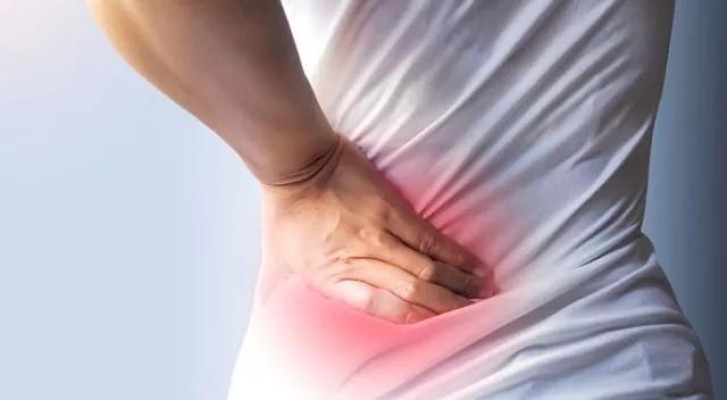
Acıbadem Eskişehir Hospital Urology Specialist Prof. Dr. Ali Barbaros Başeskioğlu emphasized that the size of the stones in the kidneys is not important and said that even a small stone can lead to kidney failure.
Urology Specialist Prof. Dr. Ali Barbaros Başeskioğlu emphasized that the protection of kidney health is important for general health. Referring to the problems occurring in the kidneys, Başeskioğlu said, "The kidneys have many tasks such as filtering urine, maintaining the body's fluid and blood pressure regulation and hormonal balance. The underactive kidney continues to perform its hormonal functions even if it cannot filter fluid. Therefore, we prefer to protect this organ first in kidney diseases."
Stating that the most important cause of kidney failure is kidney stones, Prof. Dr. Başeskioğlu continued as follows:
"In the 1980s, kidney stones were the cause of kidney failure in the majority of patients on dialysis. However, this situation has improved a little more now that stone diseases can be treated to a serious extent. Still, it is necessary to be very careful about kidney stones. Because sometimes very large stones do not cause any problems, while a tiny stone falling into the canal can cause kidney failure. Therefore, our people should know that they should protect their kidneys regardless of the size of the stone."
Pointing out that in addition to kidney stones, diabetes, high blood pressure and structural disorders in the kidneys pose a risk for the disease, Prof. Dr. Başeskioğlu said, "In addition to these people, those who work in a hot environment, those who have kidney disease in their family, and those who have kidney stones before should not neglect their routine checks. Especially people who have lost a kidney due to a stone should be much more careful. Because even a small stone can cause kidney failure or even death. Therefore, this week we are doing the necessary work to raise awareness of patients."
"The amount of fluid and urine should be proportional"
Noting that the amount of fluid excreted from the body is as important as water consumption for kidney health, Prof. Dr. Başeskioğlu said:
"The fluid intake and urine output should be in a certain ratio. The general belief is that there should be 3-4 liters of water consumption per day. But what is actually important is that the person urinates around 1.5-2 liters a day. In winter, the amount of urine can be reached by taking less fluid in cold weather, but in summer, those three liters of fluid are excreted with sweat, less urine is formed. This increases the risk of stone formation. Therefore, patients should be careful about urine output as much as the fluid they take."
"Do not neglect your controls"
Underlining that the best way to prevent kidney diseases is to pay attention to general health, Prof. Dr. Başeskioğlu gave the following warnings:
"Patients with metabolic syndrome should pay attention to their weight. In other words, it is very important for those with insulin resistance, obesity, high blood pressure, high triglycerides, low good cholesterol (HDL) and high blood sugar levels to exercise adequately and eat a balanced diet. The negative effects of diabetes and high blood pressure on the kidneys should not be forgotten. Therefore, patients should establish a balanced diet in their lifestyles and social lives, protect themselves against kidney disease and have routine check-ups."
